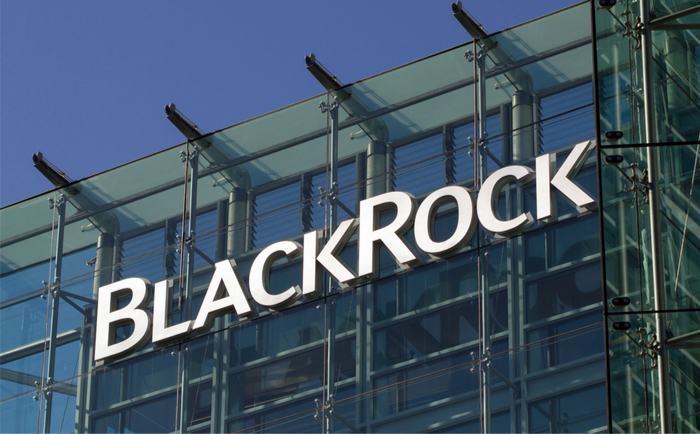A popular view of chief executives is that they are often psychopaths. It’s also common to frame corporate leaders as narcissists. However, it seems the picture for narcissistic CEOs is complicated: they may wreak some damage, but they also appear to do good.
First, almost one in five US CEOs investigated in a survey by Stanford University academics is considered a narcissist by fellow directors. That’s ahead of the 5% estimated for the general population.
But the picture is mixed. First the bad news. When the team looked at narcissist CEOs they found the stock price performance of their companies is lower than corporates with non-narcissist leadership. In fact, the median stock price performance for narcissists is around 4%, the researchers find, while companies led by less self-obsessed CEOs logged a median uplift in stock price of 27%.
And here’s the ambiguous news. Narcissistic chief executives are more likely to run companies with a better ESG performance. They are also more likely to run organisations characterised by “good governance”.
And there may be a boon for executive colleagues too. While narcissistic CEOs’ median total compensation is 33% higher than leaders who are more altruistic, the pay of their fellow executives—the second most well-paid—is also likely to be higher.
The researchers conclude: “In aggregate we find unexpected relations between CEO narcissism on corporate performance. While stock-price returns are materially worse for companies with narcissistic CEOs, other attributes are more favourable or neutral.”
Narcissistic CEOs, ESG and governance
That said, there are questions. The study cannot tell whether ESG and governance performance is boosted because narcissistic leaders believe in them or whether it is down to “disingenuous virtue signalling”. High pay among colleagues may be explained by CEOs attempting to reward performance, but it could also be an effort to “co-opt their loyalty”. More work is needed to disentangle the drivers.
And the prevalence of narcissists in corporate leadership? Well, there too the researchers find some comfort. “In fact the overwhelming majority of CEOs appear to have a fairly healthy personality profile of agreeableness, sociability, conscientiousness and humility,” the academics write. Though shareholders may not be surprised to learn that companies with a dual-class share structure tend to be run by narcissists, while CEOs at companies with a single class of stock tend to be much more balanced.
Why does any of this matter? It does if you believe CEOs have a “meaningful influence” over company performance. It matters too if you are on a nominations committee in search of a new chief executive and are concerned whether personality traits may play a role in performance. As a result, narcissism is a board concern, and a frequent topic of research. A German investigation found that while narcissist leaders rate themselves highly, their employees view them as “unsupportive”, which may result in “negative outcomes”. The study also pointed out that narcissism may also be linked to unethical behaviour.
Elsewhere, research suggests narcissistic leaders may be linked to corporate reporting that is biased to support their “grandiose self image”. However, evidence also suggests the leader’s narcissism may be priced in by markets.
Boards may decide that a narcissist in charge while the stock price falls and staff are demotivated means they need to take action. Experts counsel that an effective way of moving on a narcissistic is to feed their vanity until a successor is found and the problematic CEO can be convinced that the idea of replacement is their own. Or “psychological judo”, as Katharina Balazs, of ESCP Business School in Paris puts it.
But she has a warning: this is a short-term solution. It is hard to change a narcissist and make them more altruistic. “If anything, many of them become even more extreme and destructive with time and power. The good news is that in time they tend to self-destruct—hopefully before they can do serious harm to the company.”
While narcissists in charge of companies may be in a minority and may, indeed, do some good, especially with ESG, a good number tend to be damaging, especially of stock price. Boards be warned.





